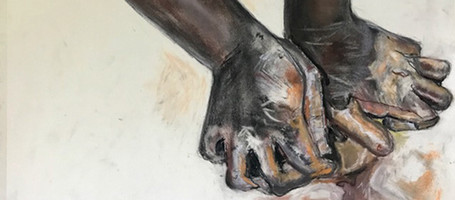The Interdisciplinary Centre for Research in Curriculum is a network of scholars that come together to engage with unique and complex curriculur issues to inform public policy and pedagogy in the 21st Century.
At the ICRC, we collaborate across sectorial and disciplinary boundaries, to think in new ways about curriculum in early childhood centres, schools, higher education and other community settings.
The ICRC is part of Western's Faculty of Education. The collective work at the Faculty of Education aims to positively impact children and youth, families, schools, our communities and alumni. Our work is shaped by our strategic vision: Transforming education. Transforming lives.


